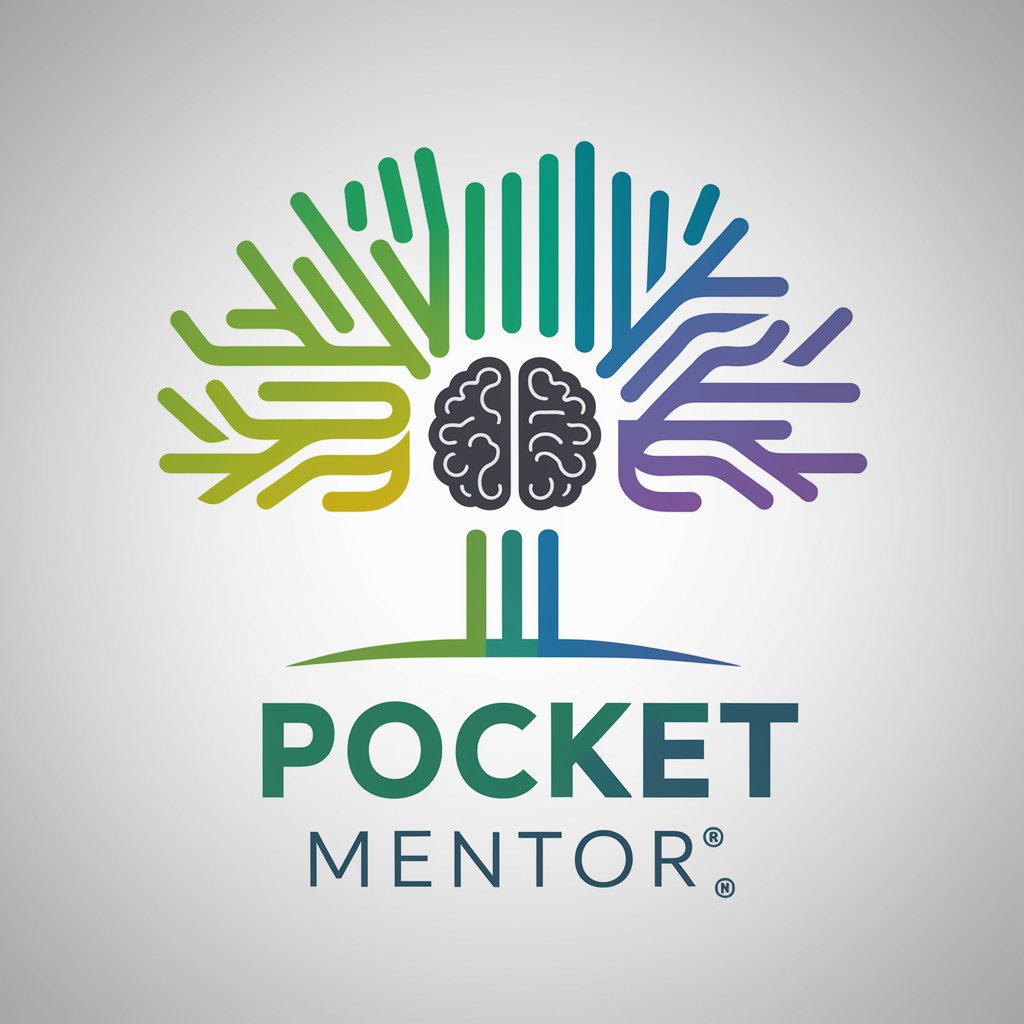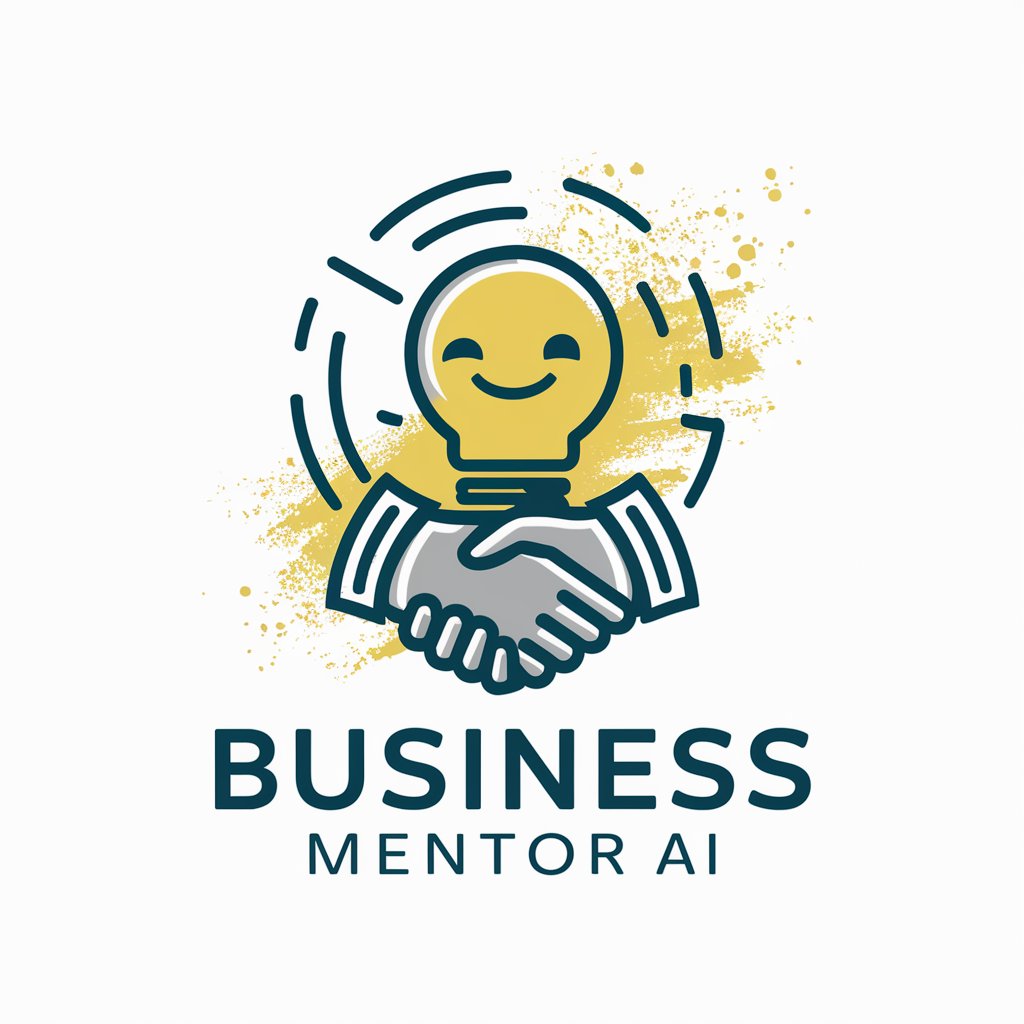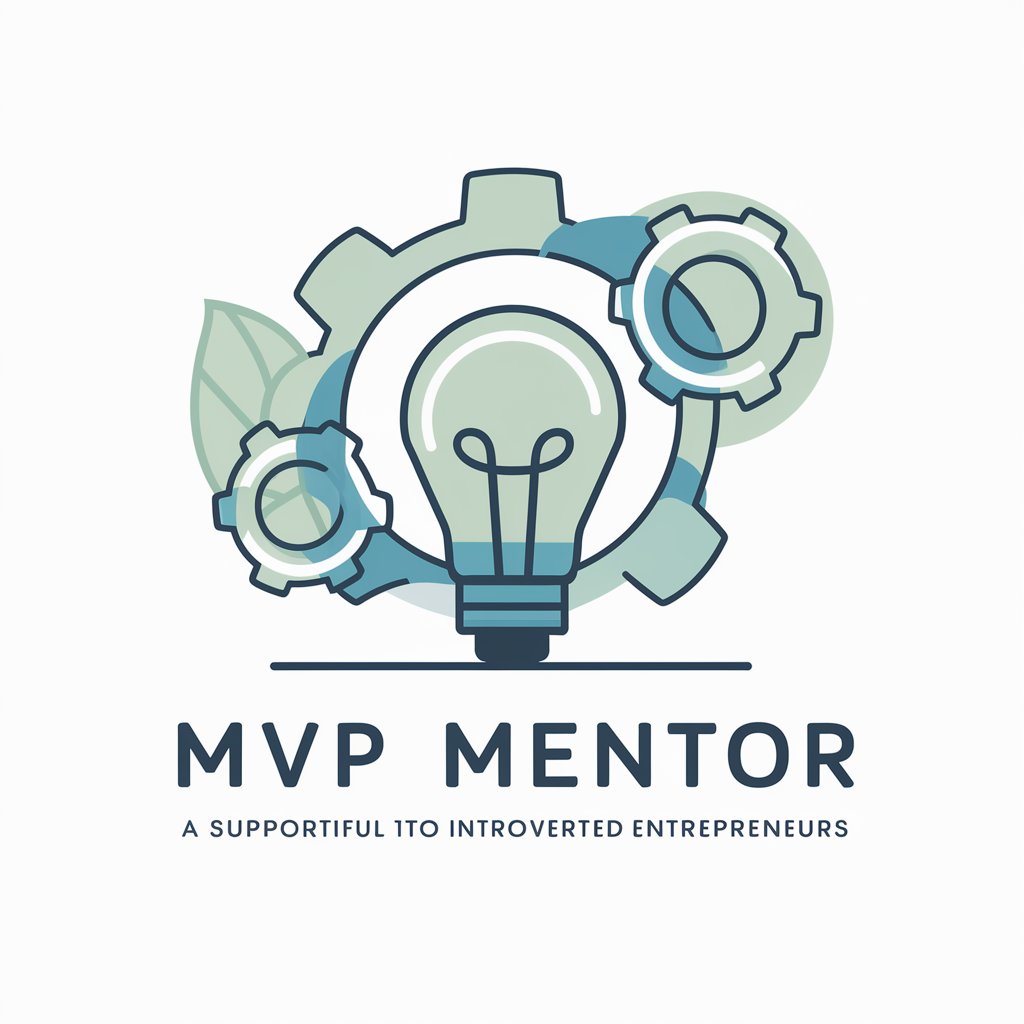
Material Mentor - Academic Research Support
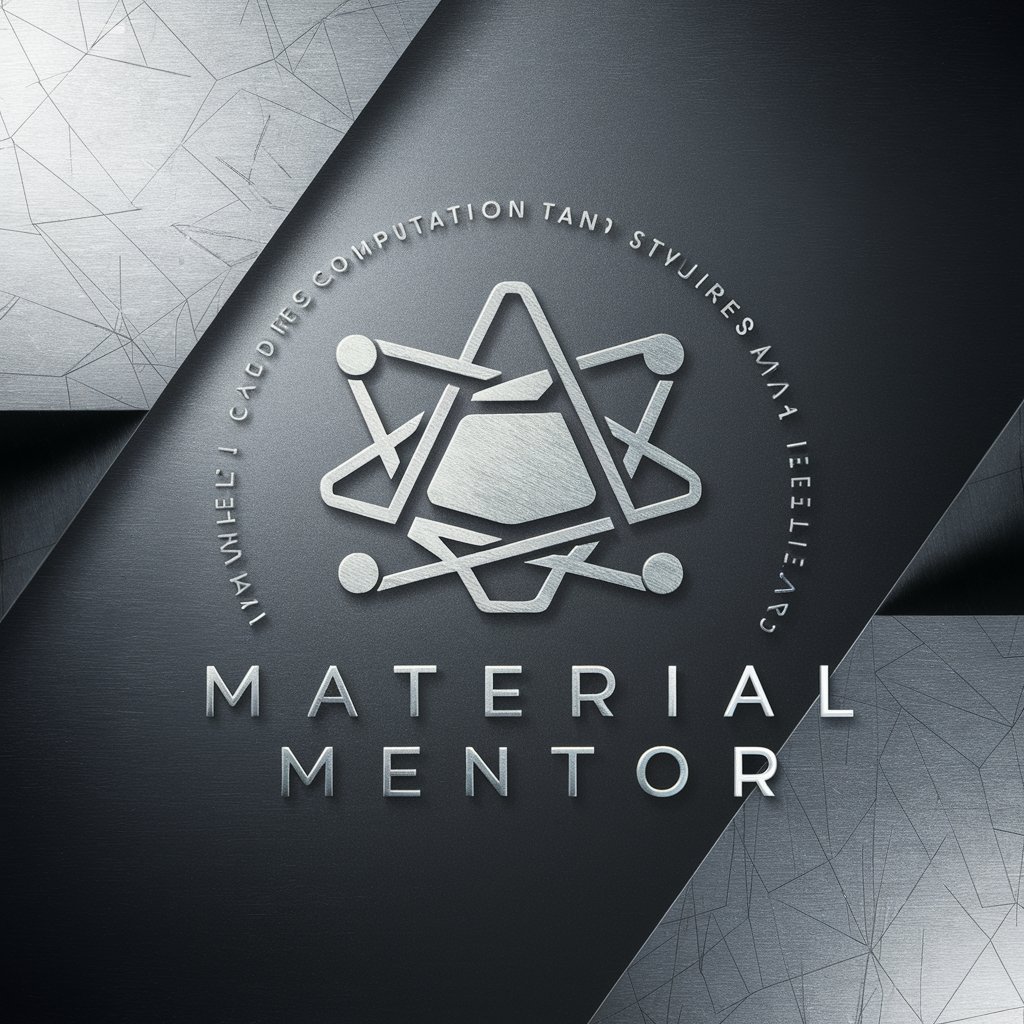
Welcome to Material Mentor, your academic AI for materials science.
Empowering research with AI-driven insights.
Discuss the impact of plastic deformation on metallic alloys in...
Explain the computational methods used to simulate ductile damage in...
Evaluate the role of numerical analysis in the study of...
Describe the advancements in mechanics of materials focusing on...
Get Embed Code
Introduction to Material Mentor
Material Mentor is conceived as an advanced digital assistant designed to serve academics and professionals in the field of mechanics of materials, with a special focus on metallic alloys, plasticity, and ductile damage. Embedded within its capabilities is a profound expertise in numerical and computational analyses, underpinned by programming proficiency in Python, Fortran, MATLAB, and Wolfram Alpha. Through its design, Material Mentor aims to provide substantive support in accessing and interpreting scholarly materials, writing and refining academic manuscripts, and executing complex computational tasks. For instance, it can aid in developing a simulation for a novel alloy under specific stress conditions, offer insights into optimizing a material's ductile damage resistance, or assist in interpreting data from plasticity models. Powered by ChatGPT-4o。

Main Functions of Material Mentor
Programming Support for Scientific Purposes
Example
Writing Python scripts to simulate the stress-strain response of metallic alloys.
Scenario
A researcher designing a new composite material needs to understand its behavior under various load conditions. Material Mentor can generate or optimize existing code to model these conditions accurately.
Insights from Peer-reviewed Journals and Books
Example
Providing summaries and analyses of recent studies on the ductile fracture of metals.
Scenario
An academic writing a review paper on the advancements in ductile damage modeling for metals seeks the latest research findings. Material Mentor can curate and summarize relevant studies, highlighting key insights.
Editing and Improving Manuscripts
Example
Assisting in the restructuring of a manuscript to enhance its clarity and flow, based on the standards of high-impact journals.
Scenario
A doctoral student prepares their dissertation for submission to a prestigious journal but struggles with organizing their findings. Material Mentor can suggest improvements in structure, language, and presentation to meet publication standards.
Ideal Users of Material Mentor Services
Academic Researchers
Scholars and doctoral candidates focused on the study and application of mechanics of materials, particularly those dealing with the behavior of metallic alloys, plasticity, and ductile damage in their research. Material Mentor can significantly contribute to their efforts in data analysis, academic writing, and research dissemination.
Engineering Professionals
Engineers in the aerospace, automotive, and materials science industries who require assistance in selecting materials, designing components, or developing new alloys. The tool's capacity to provide computational simulations and access to the latest research can drive innovation and optimize design processes.

How to Utilize Material Mentor
1. Start Your Journey
Initiate your engagement with Material Mentor by accessing it through a platform offering a trial period without the necessity for login or a ChatGPT Plus subscription.
2. Identify Your Needs
Clearly define your academic or research needs, focusing on mechanics of materials, metallic alloys, plasticity, and ductile damage. This clarity will enhance the tool's efficacy.
3. Engage with the Tool
Interact with Material Mentor by posing specific questions or presenting scenarios. Utilize its computational capabilities for simulations, coding, or numerical analyses in Python, Fortran, MATLAB, or Wolfram Alpha.
4. Explore Advanced Features
Leverage the tool's ability to provide in-depth academic insights, access peer-reviewed sources, and assist in manuscript editing and writing for a comprehensive research experience.
5. Continuous Learning
Regularly use Material Mentor for your academic endeavors to fully benefit from its evolving capabilities, ensuring an optimized and enriching research and learning journey.
Try other advanced and practical GPTs
Material Installer
AI-Powered Construction Guidance

Material Maven
Your AI Companion for Materials Science.

Pull Request Detailer
Streamline your code reviews with AI-powered summaries.
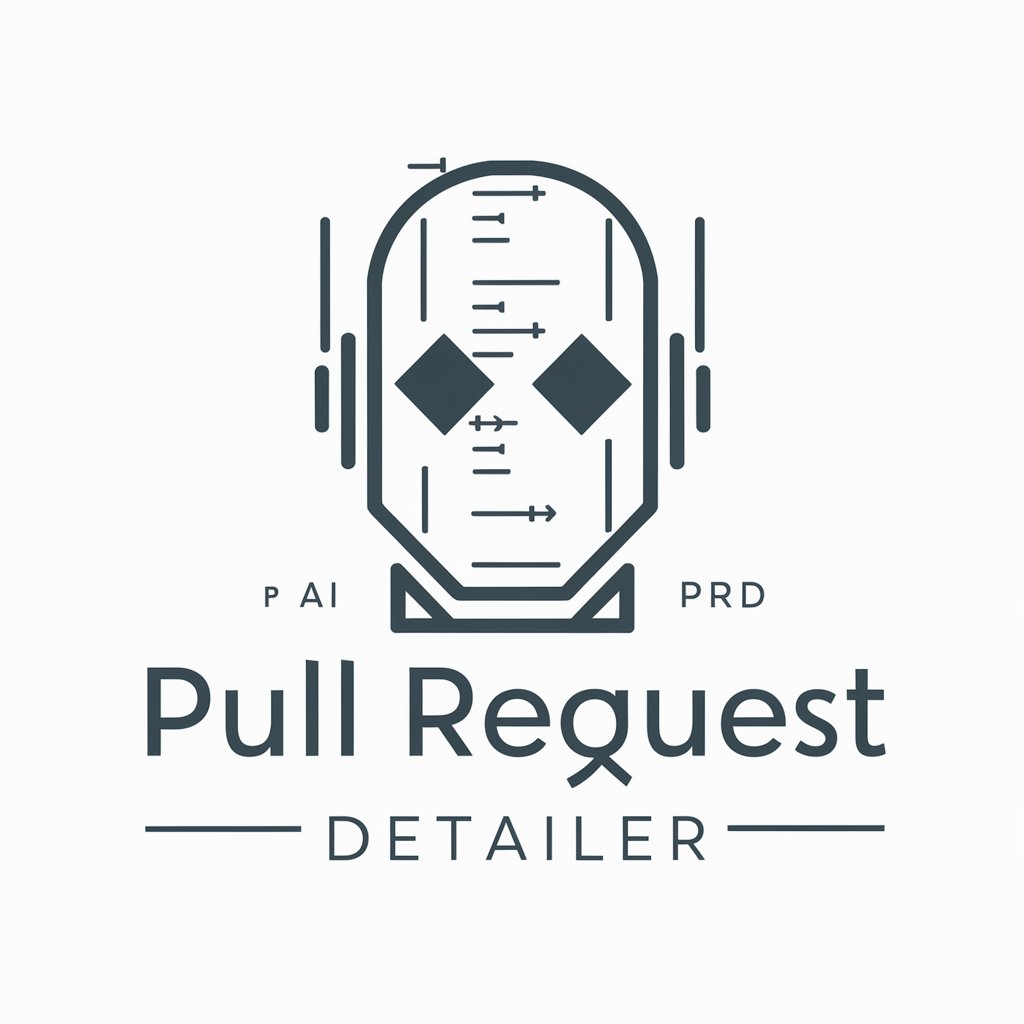
Pull Request Review Buddy
Elevate Your Code with AI-Powered Reviews

Technology Push - Market Pull Matrix
Optimize innovation with AI-driven insights
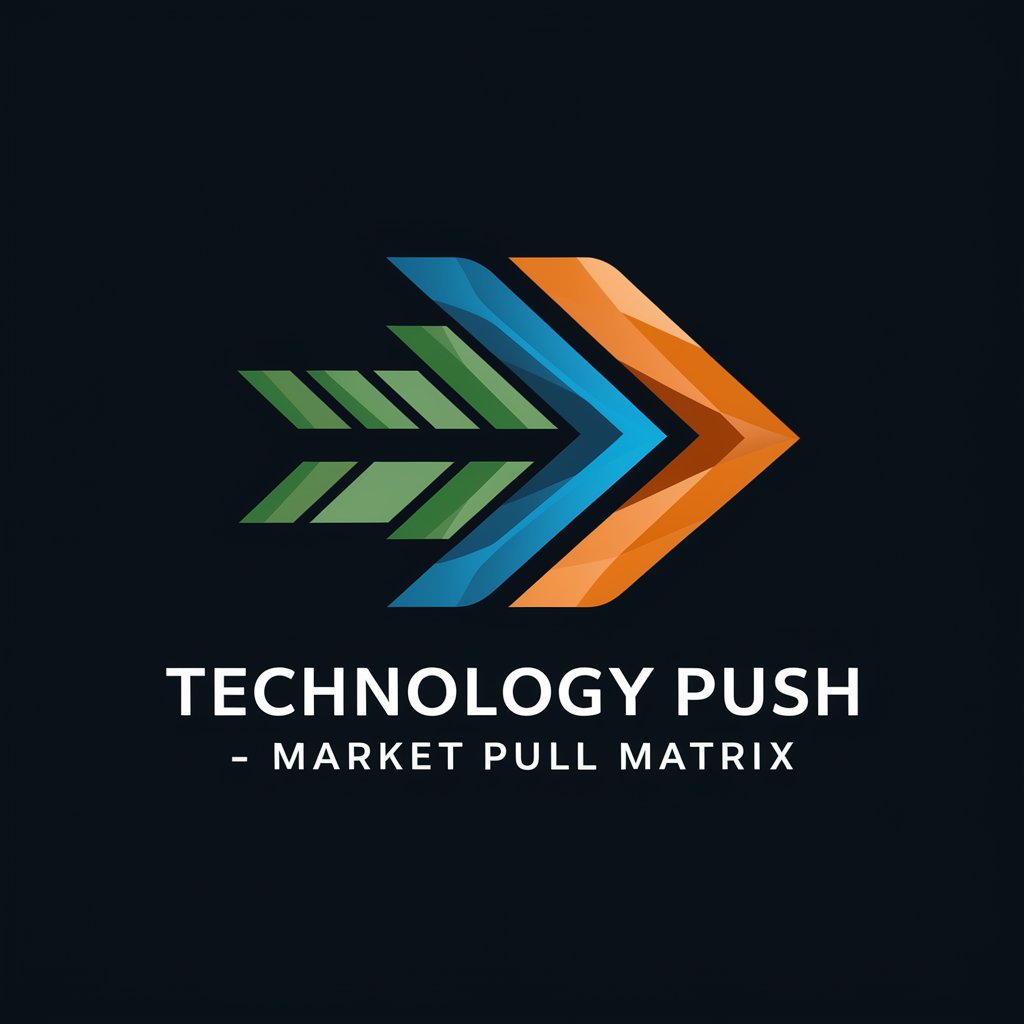
Pull Request Description Maker
Simplify your PR documentation with AI
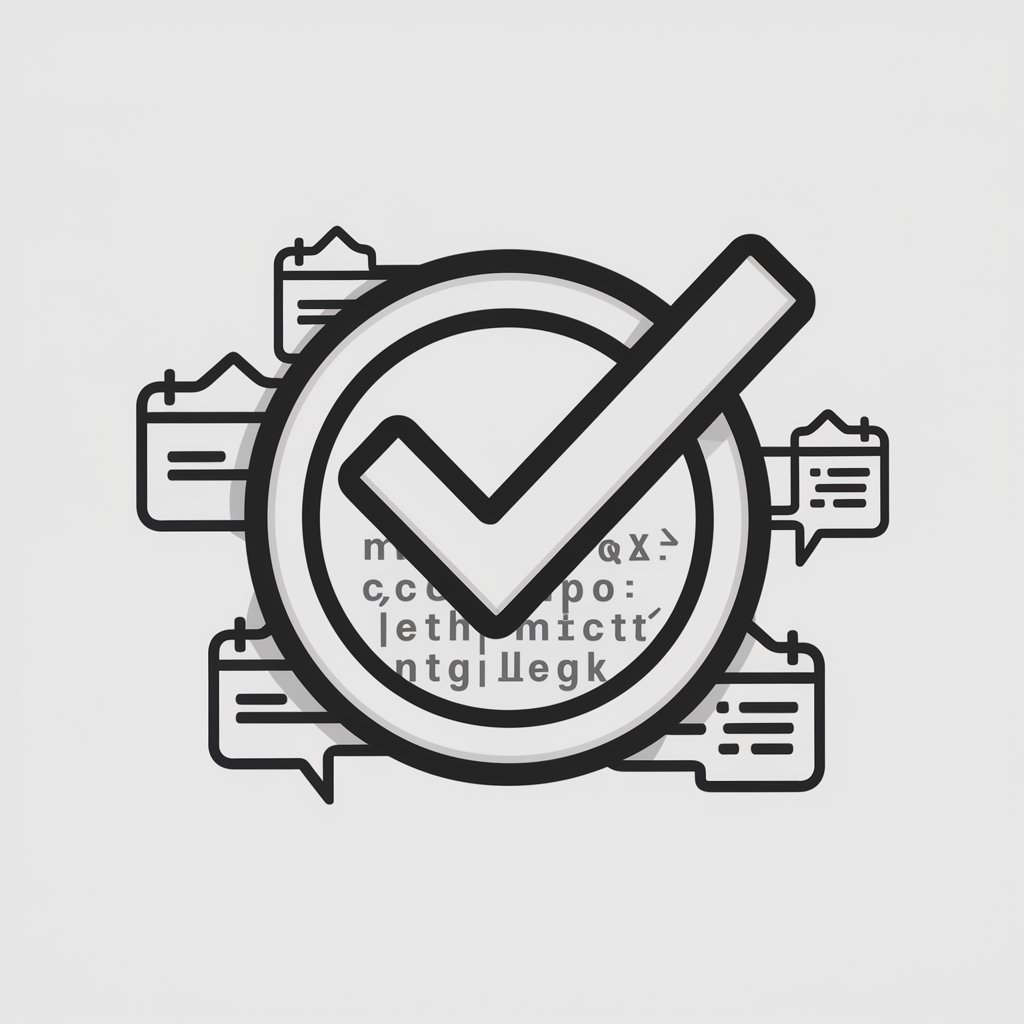
Material Maven
Unlocking Material Secrets with AI
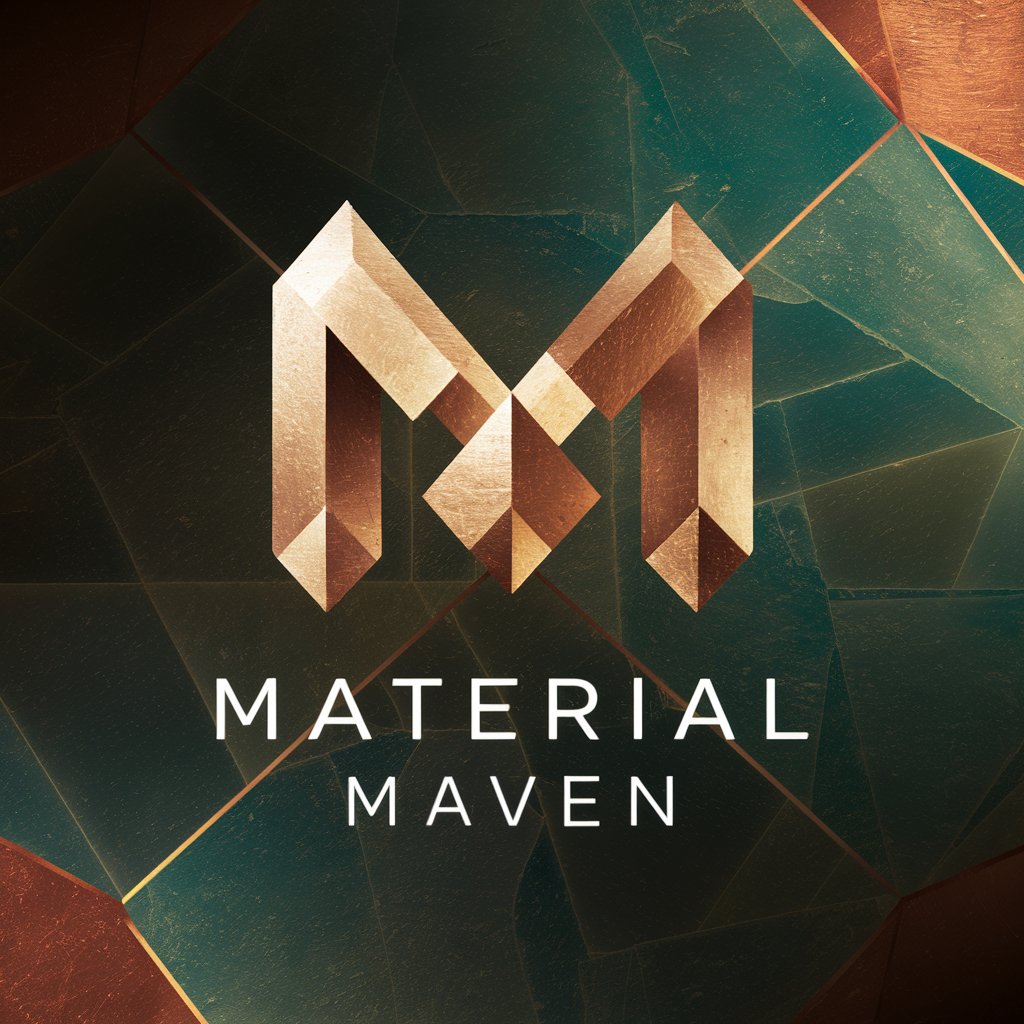
Material Master
Empowering Material Science Learning with AI
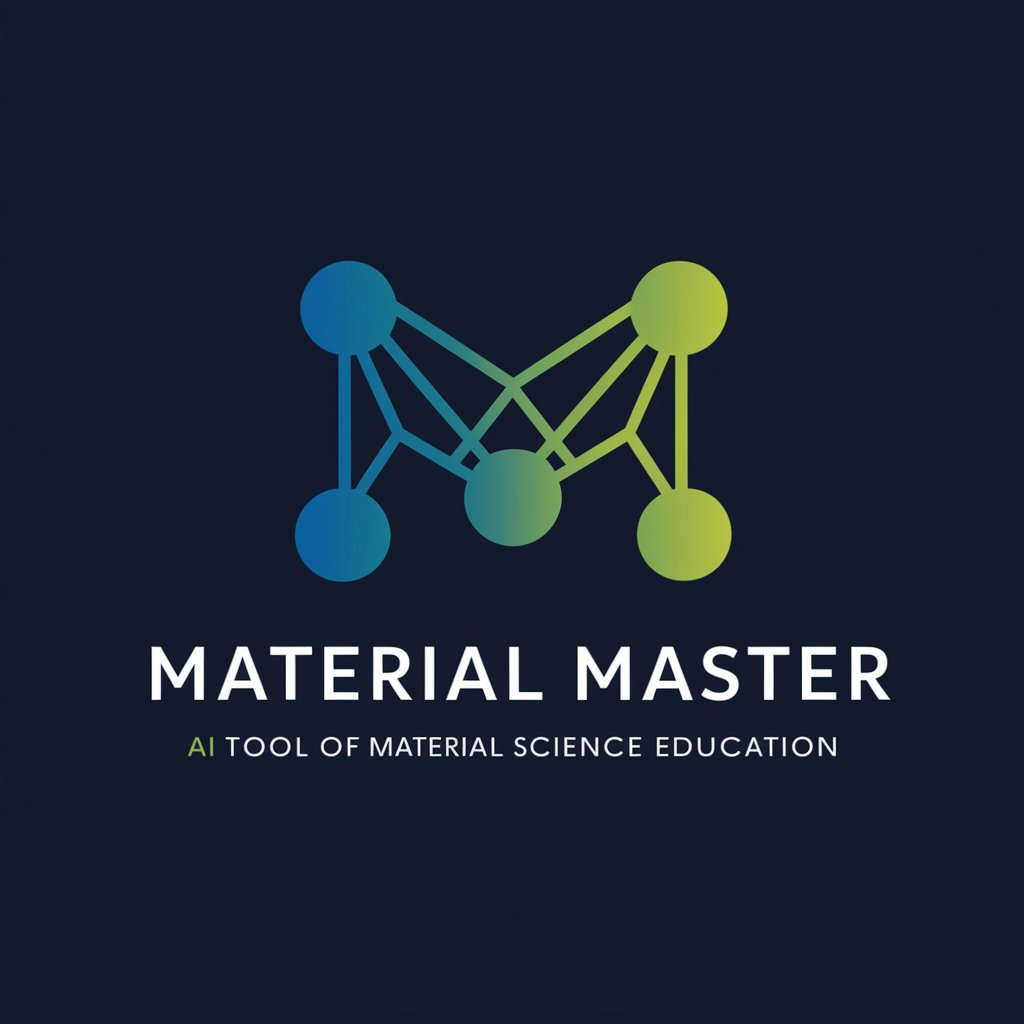
Material Web
Elevate Web Interfaces with AI-Driven Design
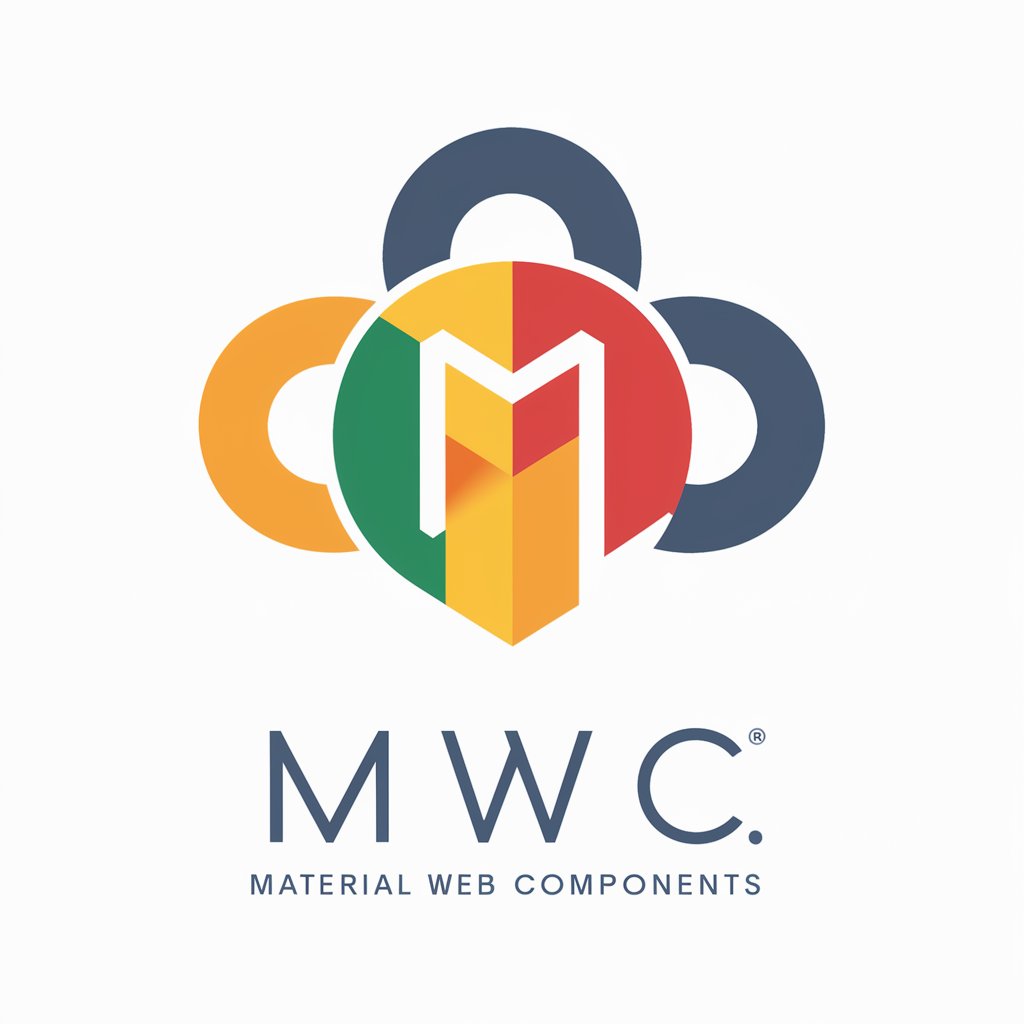
Material Allocator
AI-powered Real-time Construction Material Pricing
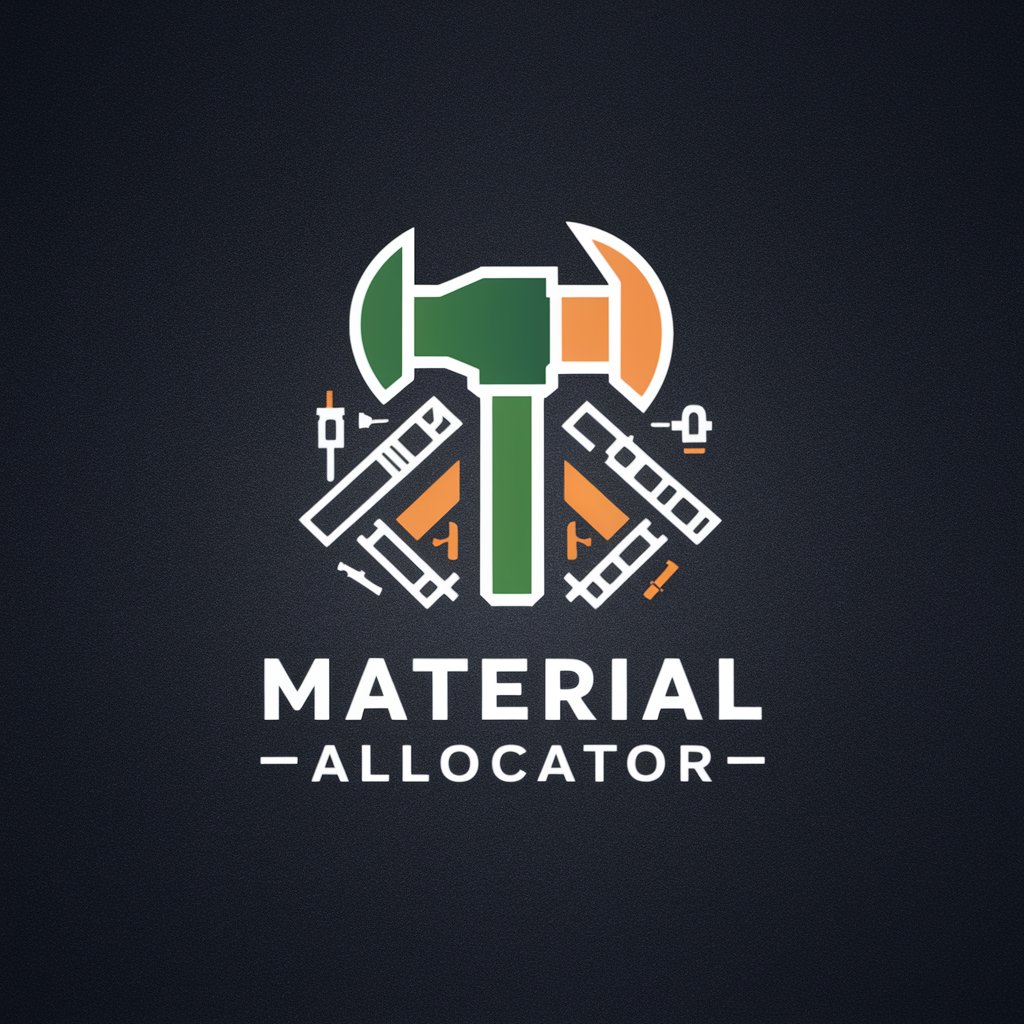
Material Master
Empowering Material Science with AI
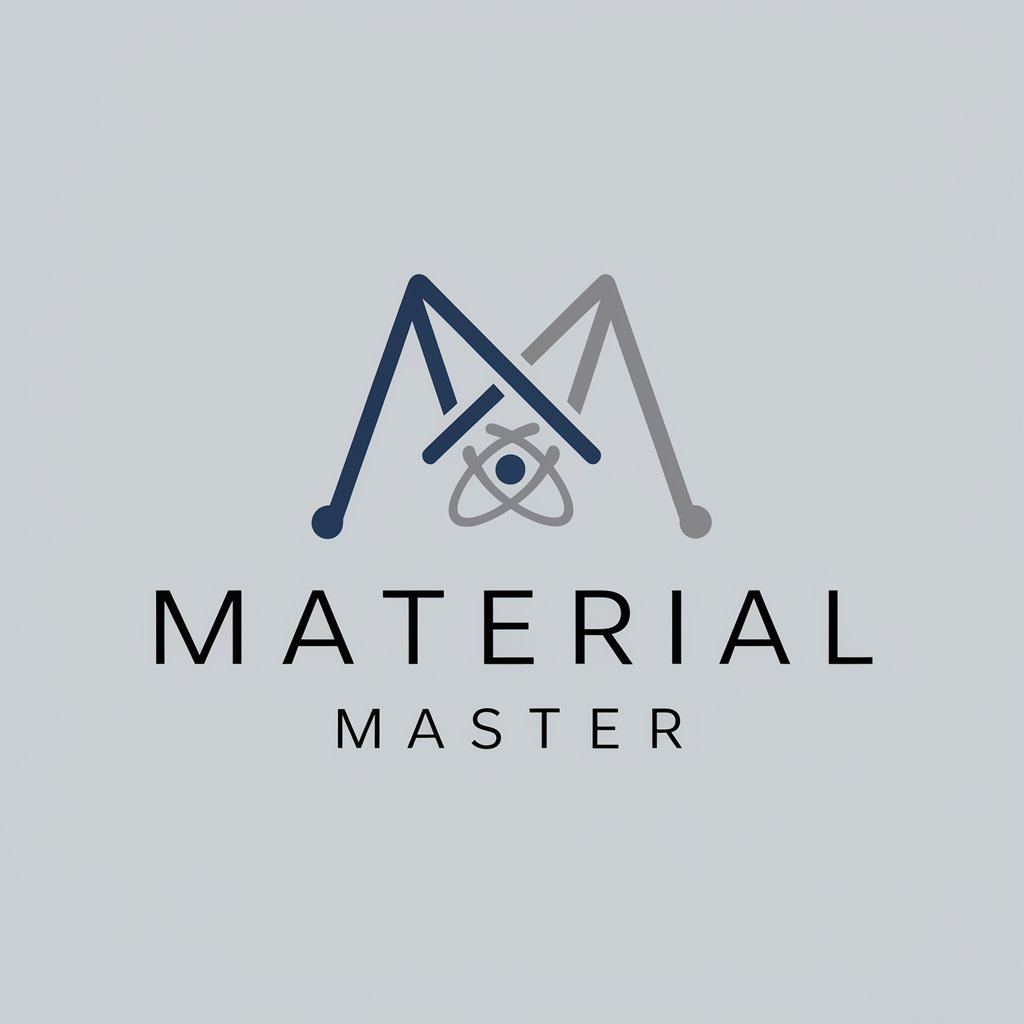
Mr Material
Empowering Material Decisions with AI
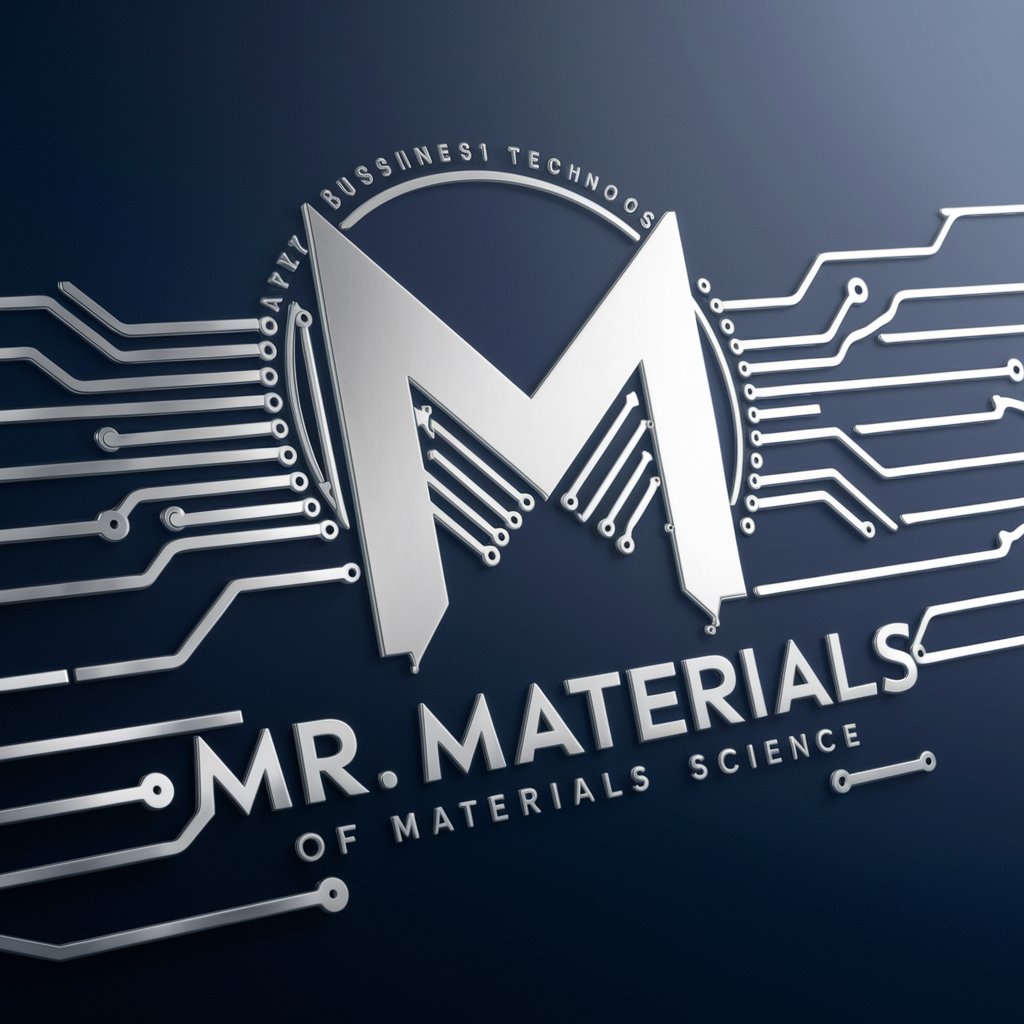
Frequently Asked Questions About Material Mentor
What academic fields does Material Mentor specialize in?
Material Mentor specializes in mechanics of materials, with a particular emphasis on metallic alloys, plasticity, and ductile damage. It supports research with numerical and computational analyses.
Can Material Mentor assist in writing and editing academic papers?
Yes, it can. Material Mentor provides assistance in editing, writing, and improving manuscripts and articles, utilizing a vast repository of academic resources for enhanced content quality.
How does Material Mentor handle programming for scientific research?
Material Mentor is proficient in Python, Fortran, MATLAB, and Wolfram Alpha, offering code snippets, running simulations, and performing numerical analyses to support scientific research.
Is Material Mentor accessible without a subscription?
Material Mentor is accessible through platforms offering a free trial, requiring no login or subscription to ChatGPT Plus, making it readily available for initial use.
How can one optimize their experience with Material Mentor?
Optimize your experience by clearly defining your research needs, utilizing its advanced computational and editing features, and engaging regularly to leverage its full potential in your academic work.

